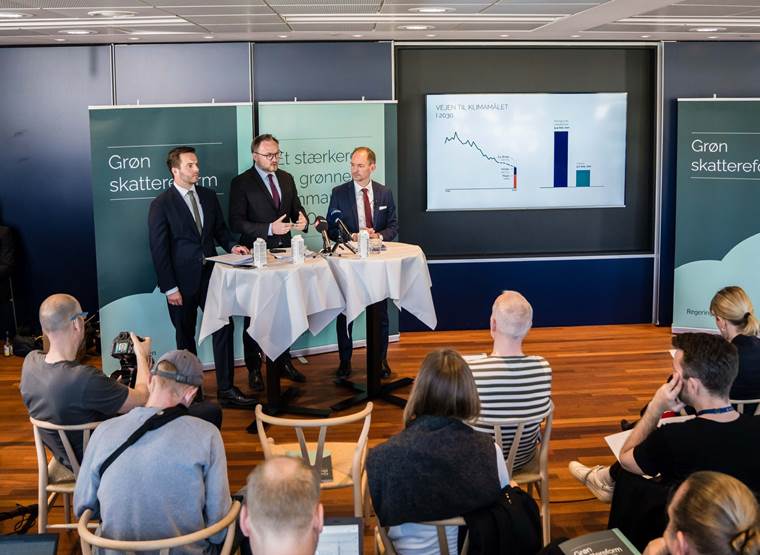Denmark had already set ambitious CO2-neutral goals, but Putin’s war in Ukraine has resulted in a strong desire to hasten the slashing of its dependency on fossil fuels.
To this end, the government has proposed a new green tax reform that seeks to do just that.
“We need to speed up the green transition in Denmark. So the government has proposed a high and more uniform CO2 tariff with a bottom price that ensures we reach the climate goal in 2030,” said the tax minister, Jeppe Bruus.
“It will ensure that the companies that encumber the climate pay for their emissions. The proposal is the biggest contribution to reach the climate goal compared to all the climate agreements that have been reached in recent years.”
More specifically, the proposal will lead to CO2 emission reductions of 3.7 million tonnes by 2030 – buoyed by CO2 tariffs of upwards of 1,125 kroner (including quota price) to emit one tonne of CO2.
READ ALSO: Parliament passes climate law to cut emissions by 70 percent by 2030
FO to fossil fuels
Furthermore, 7 billion kroner has been set aside looking ahead to 2030 for a green transition fund that will assist companies that have the greatest challenge in terms of embracing the green transition.
The proposal also includes reducing Danish companies’ consumption of piped gas by almost 30 percent by 2030.
The proposal, negotiations for which will begin this week, is based on recommendations made by a group of experts.
Based on the recommendations, the government has proposed the tariff to be at 750 kroner per tonne of CO2 for companies not encompassed by the EU’s tariff quota system and 375 kroner per tonne of CO2 for companies that are.
Read an overview of the new proposal here (in Danish).
The government has previously set a goal to reduce CO2 emissions by 70 percent by 2030.
















